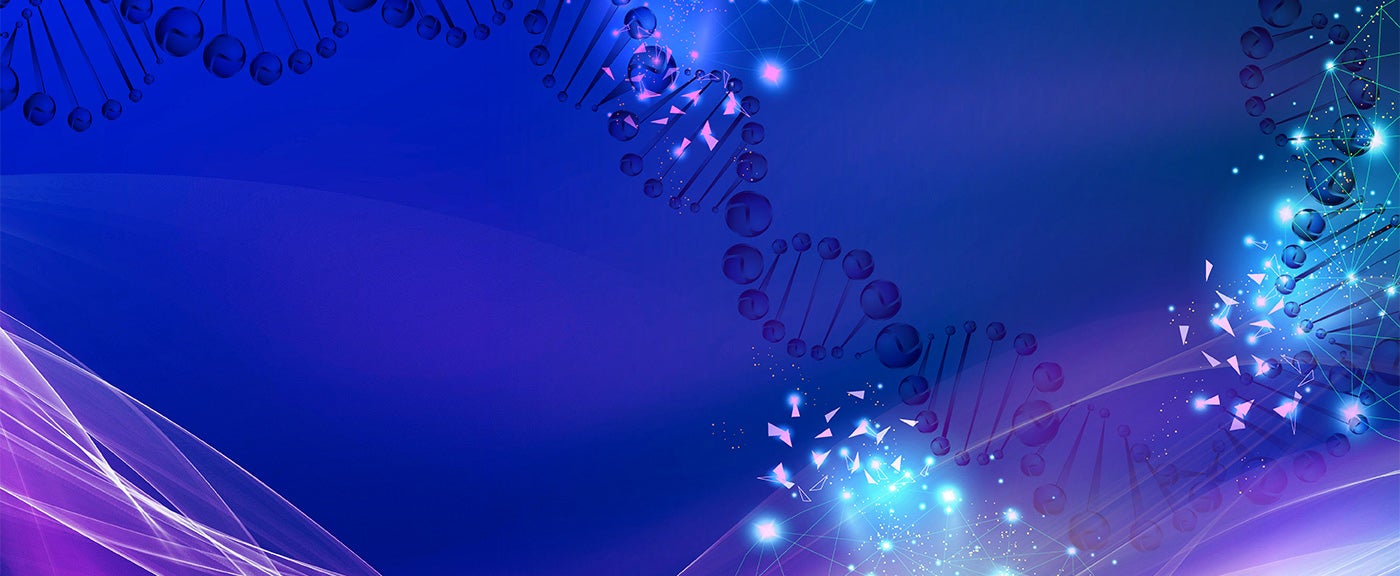
A snapshot of EGFR testing guidelines for NSCLC
Summary of EGFR testing recommendations from major international guidelines1–4
Please refer to the full guidelines as necessary for more information.1–4

ESMO1
EGFR mutation status should be systematically carried out for patients with advanced NSCLC.1
Test methodology should adequately cover all mutations in exons 18–21, including those associated with resistance to EGFR TKI therapies.1
At minimum, when resources or material are limited, the most common EGFR sensitizing mutations – exon 19 deletions and exon 21 L858R – should be determined.1
NGS is an emerging technology that has been rapidly and widely implemented to screen patients with NSCLC.1,2 This testing method enables the sequencing of a high number of nucleotides in a short timeframe and at an affordable cost.2
Based on current evidence, the routine use of NGS is recommended to identify EGFR mutations
in patients with advanced non-squamous NSCLC.1,2

NCCN3
Molecular testing for EGFR mutations is recommended in patients with advanced and metastatic squamous and non-squamous NSCLC to determine targeted EGFR TKI therapy.3
Real-time PCR, Sanger sequencing and NGS are the most common molecular testing methods for determining EGFR mutation status.3
Patients with NSCLC should not be selected for testing based on clinicopathologic features associated with EGFR mutations, such as smoking status, ethnicity and histology.3

CAP/IASLC/AMP4
The CAP/IASLC/AMP guidelines strongly recommend against the use of FISH or IHC for EGFR mutation testing or for selecting targeted TKI therapy.4
In patients who progress on EGFR TKI therapy, the guidelines strongly recommend molecular testing for the T790M resistance mutation to select third-generation TKI therapy.4
Repeat testing for the T790M exon 20 substitution mutation, which causes resistance in about 60% of cases, is recommended when patients progress on EGFR TKI therapy1,3
DISCOVER THE UNMET MEDICAL NEEDS
AMP: Association for Molecular Pathology; CAP: College of American Pathologists; EGFR: epidermal growth factor receptor; ESMO: European Society for Medical Oncology; FISH: fluorescence in situ hybridization; IHC: immunohistochemistry; IASLC: International Association for the Study of Lung Cancer; NCCN: National Comprehensive Cancer Network; NGS: next generation sequencing; NSCLC: non-small-cell lung cancer; PCR: polymerase chain reaction; T790M: threonine at amino acid position 790 substituted for methionine; TKI: tyrosine kinase inhibitor.
1. Planchard D, et al. Metastatic non-small cell lung cancer: ESMO clinical practice guidelines for diagnosis, treatment and follow-up. Annals of Oncology. 2018;29:iv192–iv237.
2. Mosele F, et al. Recommendations for the use of next-generation sequencing (NGS) for patients with metastatic cancers: a report from the ESMO Precision Medicine Working Group. Ann Oncol. 2020; S0923-7534(20)39971–3.
3. Ettinger DS, et al. NCCN Guidelines Version 6.2020 Non-Small Cell Lung Cancer. NCCN Evidence Blocks™. 2020. Available at: https://www.nccn.org/professionals/physician_gls/pdf/nscl_blocks.pdf. Accessed September 2020.
4. Lindeman NI, et al. Updated molecular testing guideline for the selection of lung cancer patients for treatment with targeted tyrosine kinase inhibitors. Arch Pathol Lab Med. 2018;142:321–46.
